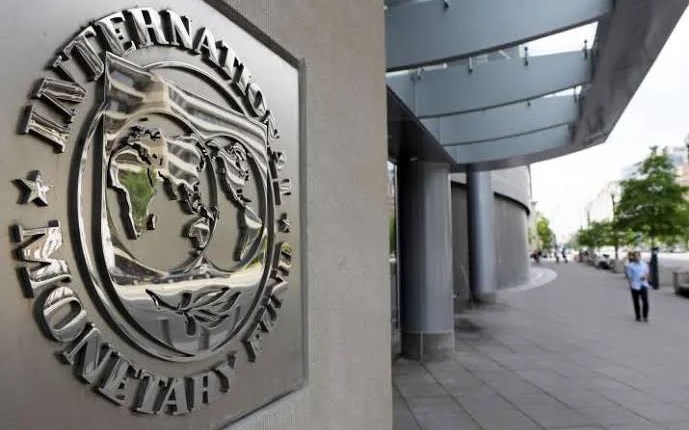The international monetary fund (IMF) stated that the current CBDCs & Cryptocurrencies structure has better potential to facilitate efficient payment in terms of energy consumption.
The International Monetary Fund (IMF) is a global financial institution, which is headquartered in Washington. The IMF agency works to achieve sustainable growth and prosperity for all of its 190 member countries. In the past, it has been seen many times that IMF showed negative stances on the adoption of cryptocurrencies but always supported the restricted regulation on the crypto & blockchain industry.
In late June, IMF published a blog and noted that some particular Cryptocurrencies & Central Bank Digital Currency (CBDCs) payment systems can provide better & more efficient payment solutions over Credit Cards, Debit cards & other traditional banking systems.
“Depending on the specific details of how they are configured, CBDCs and some kinds of crypto assets can be more energy-efficient than much of the current payment landscape, including credit and debit cards.”
The financial institution revealed that many Central Banks are planning to introduce CBDCs-supported payment systems in physical cards, so there are huge chances that future card payment systems will be highly efficient, especially in terms of energy consumption.
IMF noted that the future of the money system is still unclear but the policymakers and government agencies needed to consider the energy factor of cryptocurrencies & CBDCs before adoption.
According to IMF, the energy factor will be a significant factor in the future of money systems, especially in those payment systems which are based on blockchain technology, or say Distributed ledger technology (DLT).
In particular, the IMF agency noted that Proof-of-work Consensus model-based blockchain networks, like Bitcoin blockchain, are less efficient than the credit card-based payment methods, so we have to go with the adoption of that crypto payment system which are based on an efficient Consensus model, like Proof-of-stake.
Earlier on increasing the adoption of cryptocurrencies, IMF said that it may pose financial instability. At that time, Agency emphasized the introduction of highly strict regulations on Cryptocurrencies.
Read also: Bitcoin regulation should be under security asset class: Chamath Palihapitiya


